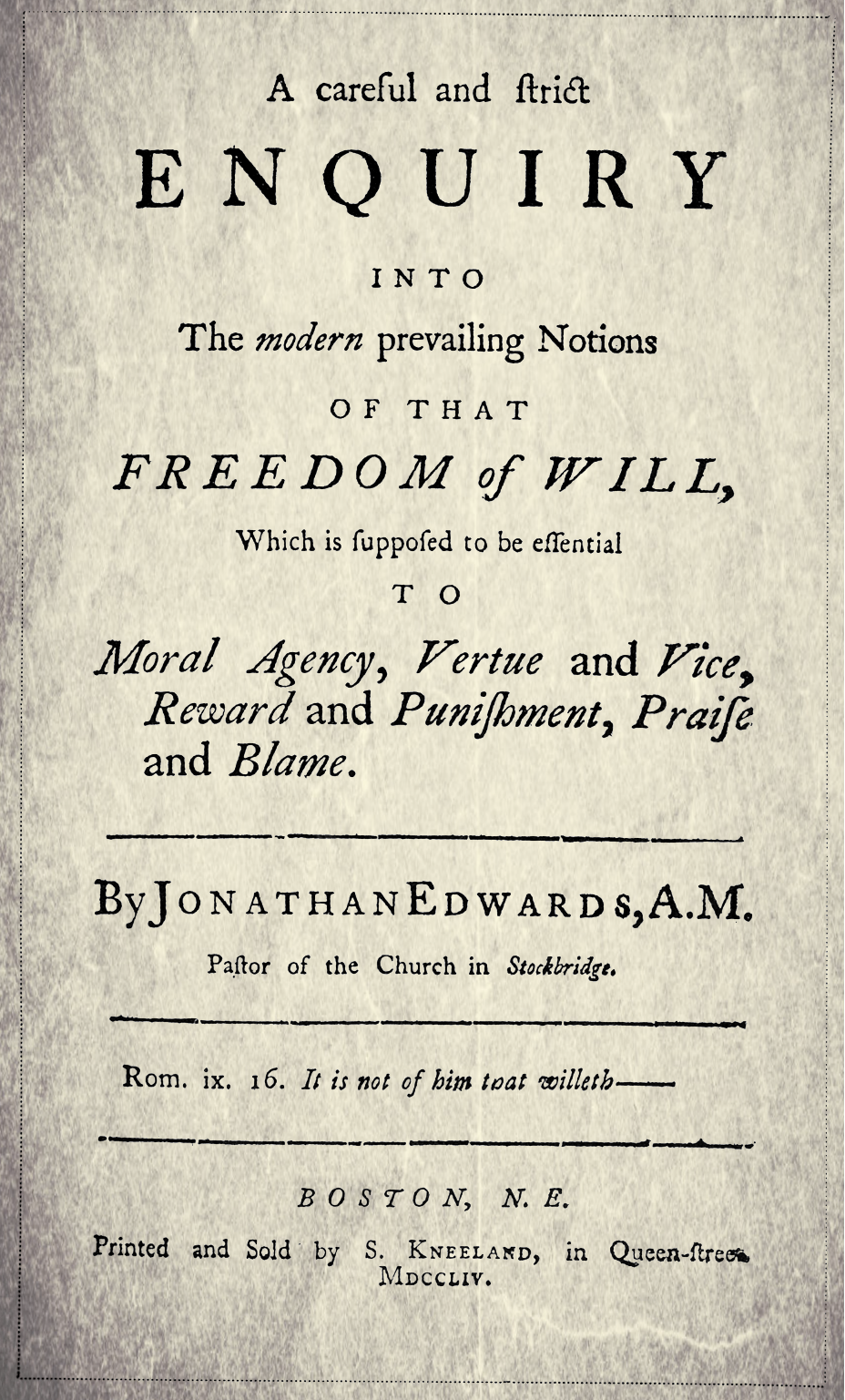Dr. Helm focused on the A-Team—Augustine, Anselm and Aquinas, and provided citations from them on their views on predestination, especially as related to Romans 9 and Ephesians 1. His claims could be perhaps substantiated by his A-team, but it was disappointing for me to think that the book would have been more upon the classical attributes such as simplicity, impassibility, immutability, divine Eternity, but to find out that the bulk of his chapter was about predestination. Certainly predestination says something about God, but it seems to me to have been better to not make predestination a major point in his chapter.
The modified Calvinist position
Dr. Bruce A. Ware presents the modified Calvinist view. Dr. Ware presents a good case for his modified model, which modifies the Reformed understanding of doctrines such as divine Eternity and immutability, as well as employing middle knowledge (p. 77). His modified understanding is also related to how God relates to the world. In the classic understanding, God’s relation in a sense is one-sided. It is the world that changes its relation to God, but God does not change neither acquires new relation toward the world (to protect His aseity and pure actuality). God relation to the world is a relation of reason (not a relationship, a word which classical theists are not fond of). These three doctrines are not irrelated: “Both God’s relationship to time (divine Eternity) and God’s relation to change (divine immutability) need some reconsideration and reformulation to demonstrate that the God who made us chooses to live in relationship with what he has made” (pp. 85-86).
Concerning divine Eternity, the classical tradition has taught that God exists outside of time and “possesses the whole of His being in one indivisible present” (Louis Berkhof). Dr. Ware suggests we understand Eternity in the same way we understand omnipresence, namely, that God exists outside of space-limitation as well as everywhere in space. He says, ‘we can understand God’s relation to time as comprising both his atemporal existence in himself (in se) apart from creation, and his “omnitemporal” existence in relation to the created order he has made (in re)”’ (p. 88). As critics have argued, this posits two existences in God whereby He is obviously not simple (without metaphysical parts), but also something other than the eternal God is interacting with us in time. In his words, ‘when he [God] created the heavens and the earth, he brought into being their twofold dimensions of spatiality and temporality. Since God chose to become immanent with the creation he had made, he chose, then, to “enter” fully into both the spatial and the temporal dimensions of creation’ (p. 89). God in Himself is different than God with us. Dr. Ware them moves to argue for compatibilism (in combination with middle knowledge). This is a fine chapter, well-written and not in a polemical voice. Although I disagree with his modifications, I highly respect Dr. Ware and his attitude.
The classical Arminian position
Dr. Roger Olson presents the classical Arminian view. This is the first of the free will theist positions in the book. Through his chapters...










